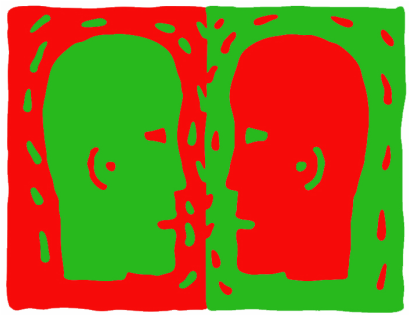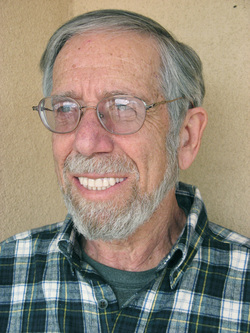
One recent week, Daniel Mendelsohn, author of seven books including prize-winners and best-sellers, extolled the place of books in the life of the French. For a writer, he says, it feels like, “Paris is the capital of the world”—as shown by the fact that “every block in central Paris seems to sprout at least two small, intelligently stocked bookshops.” He also notes that a major factor making this possible is the French law designating books as an “essential good,” which has sheathed the double-edged sword of deep discounts and free delivery that let Amazon slash so viciously through the Eden of America’s writers and publishers.
In theoretical counterpoint, Mohsin Hamid, author of three novels including prize-winners and best-sellers, advises writers to realize they are just one variety of the nation’s toiling masses. Books have no privileged position in this country, he reminds us, even though to writers, editors, designers, agents, publicists, booksellers, and their ilk, they are different: “We forgo higher wages doing other things because we love what we do, because we believe in what we do. Surely our industry deserves special treatment.”
But he really doesn’t think so. A much bigger problem for America as a whole, Hamid believes, than the specialness or lack thereof that we feel for books is the decided lack of specialness in our feelings about the simple work of making a product--any product: books, boots, auto transmissions, or the latest Silicon Valley widget.
That feeling was around, he says, in the middle of the last century, before the pendulum swung as far as it has now toward enshrinement of our rights as consumers—the right basically to wallow in all the deep discounts and freebies an Amazon can lavish on us.
“Maybe we can learn something from that America…,” Hamid writes, “to value producing as much as we do consuming.” Maybe even writers can.
“Maybe we are missing something by focusing on how special we are as book people,” he adds. “We seem to be ignoring the bigger picture: namely that we are workers, and that our experience is converging with that of many other workers in America.” We should think about uniting, he suggests sotto voce, “at least a little. And not just with other writers.”
The point here, of course, is being “special.” I can take the fact that I write books, for instance, as a clear sign of my special creativity. But what about the fellow in the next studio painting portraits with elephant dung, feeling just as emotionally attached to his work as I do to mine? Isn’t his a special creativity too? (Certainly I couldn’t do it.)
So probably, creativity’s not much of a criterion. But maybe there are other reasons to value an author more than an elephant-dung painter. Maybe one of these people (I’ll leave you to guess which) is adding something semi-important—or at least a little bit tasty—to the planet’s stewpot of knowledge, ideas, emotions, and crazy, half-baked theories. That seems like it could have some worth.
And what about those others alongside us in the vineyards, the cubicles, on the assembly line, driving that semi? It’s different kinds of ingredients they’re tossing in their pots, making different dishes to go on our collective great big menu with my pot of stew. But you won’t get me calling them less crucial to the healthy mix of grub that feeds us all.
Let’s face facts: Is how these folks make a buck really what defines them? The differences between us all are so easy to see: She’s blonde, I’m dark; he digs ditches, I write. So what?
“Our experience is converging,” Mohsin Hamid says. Maybe that’s the better point. Maybe we’re all better off realizing the kinds of things we share—the satisfaction of achieving a common goal with others, the pride in a job well done, the bitterness when it goes unnoticed—rather than focusing on what we think makes us different (by which we really mean better).
Here’s my vote for the greater commonality of writers with other Homo sapiens, rather than just the hubristic subspecies of Homo sapiens authorus. It’s the outcome, I’m out on a limb to say, most likely to increase our link with Homo sapiens bookreaderus. And which of us doesn’t want that?

 RSS Feed
RSS Feed

